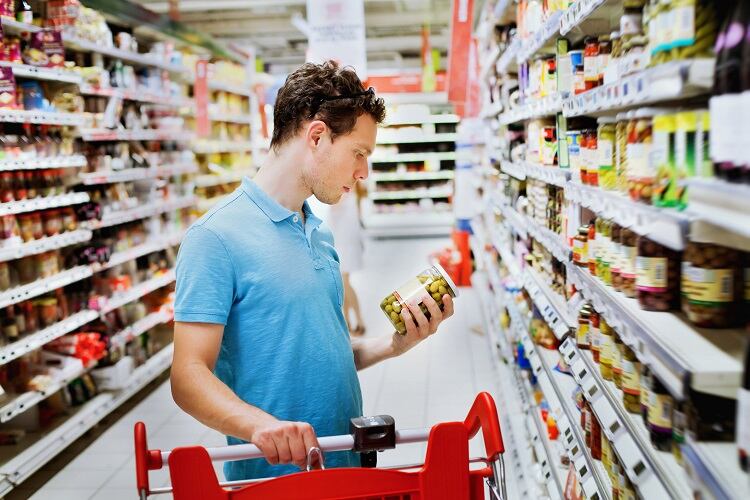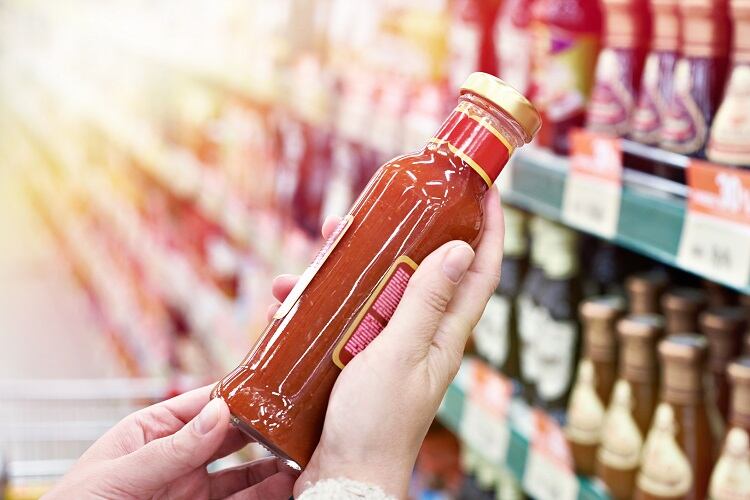Ruling on a case brought before it by French dairy giant Groupe Lactalis, and following input from the EU Court of Justice, the Council of State ‘cancelled’ country of origin labelling (COOL) requirements brought first in by the French government in 2016, stating that the authorities had used ‘excess of power’ in their introduction.
“The decrees of August 19, 2016, December 24, 2018 and March 27, 2020 relating to the indication of the origin of milk and milk and meat used as an ingredient are cancelled in so far as they relate to milk and milk used as an ingredient,” the ruling stated.
The Council of State rejected the Ministery for Agriculture and Food’s arguments that country of origin labelling was appropriate because of ‘the importance that the majority of consumers attach’ to information on the origin or provenance of milk.
The judicial authorities also ordered the French government to pay Lactalis €6,000 under Article L. 761-1 of the Code of Administrative Justice.
COOL labelling a hot topic for EU regulators
France is not the only Member State to have introduced country of origin labelling requirements.
Spain, Portugal, Greece, Finland, Lithuania, Romania and Italy have all introduced national rules on origin labelling for various products, such as processed dairy and meat.
Italian legislation has become an important battleground. In addition to COOL requirements introduced in Italy for dairy products, wheat for pasta and rice and processed tomatoes and tomato-based products, the national government also recently introduced requirements for food manufacturers to print the name and address where food and drink products are manufactured.
Brussels has responded by insisting that this move breaches EU law. European critics of mandatory origin labelling argue that it could undermine the functioning of the market and restrict the free movement of goods.
At the same time, European authorities are mulling European-wide regulations on origin labelling, with the European Commission considering plans to rollout mandatory indication laws by Q4 2022.
As it stands, EU obligatory origin labelling applies to several categories across food and beverage, including fruit and vegetables, honey, olive oil, eggs, wine, spirit drinks, fish, and beef. New origin laws could see categories extended to include milk, rice, and potatoes, among others.
Luca Bucchini, managing director of Italian-based Hylobates Consulting, told FoodNavigator that the French ruling was ‘expected’ given a previous case brought by Groupe Lactalis. However, it remained at the discression of the Council of State to interpret the implications.
Does this mean other national origin requirements are about to be overturned?
Bucchini is sceptical. “In some Member States, such as Italy, courts have recently balked at ruling against national regulations on origin labelling with broad public support even if they appear in contrast with EU law. In this sense, I am not sure there will be an immediate domino effect on all similar provisions at national level in countries from Finland to Italy, even if the implications under EU law are identical.”
Nevertheless, he continued, the ruling does show that an outcome on country of origin labelling needs to be reached at an EU level.
“The implication is that origin labelling requires political and legislative action at the EU level, and cannot be solved by national parliaments alone, as they have tried to do, or by a group of Member States. Origin labelling at the national level leads to market fragmentation, so we will need to see what balance is struck between protecting the single market and what some Member States see as useful to protect their products.”




